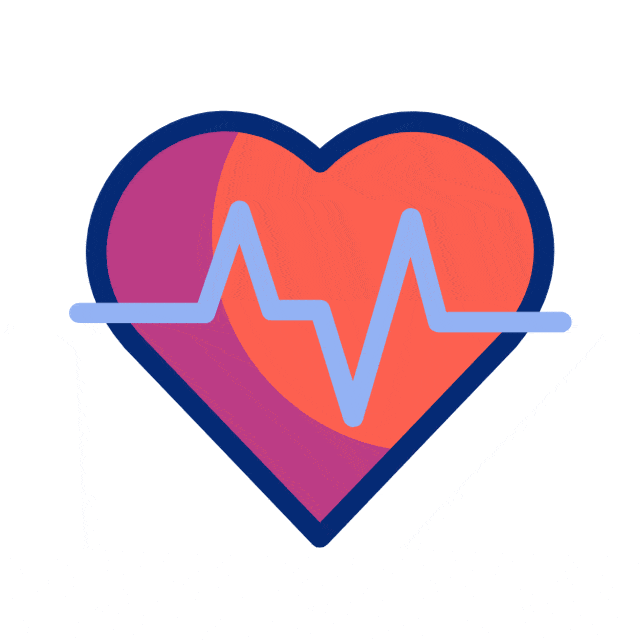Category : Healthcare
In order to provide better and safer hospital facilities for its patients and personnel, JSS Hospital has adopted a programme of infection control called as ‘Hospital Infection Control programme’ involving all sections of the hospital community.
HICC Composition
HICC should include wide representation from all relevant disciplines or departments in the facility. Important members of our committee are:
- Chairperson
- Member secretary
- Infection control officer/ Surveillance officer
- Infection control nurses (ICNs)
- Other members
- Head of all clinical departments
- Officer in-charge, Nursing Section
- Support Services: Officer in-charges of
- Operation theatre complex
- Central Sterile Supply Department (CSSD)
- Linen and laundry department
- Housekeeping/sanitary department
- Kitchen department
- Pharmacy department
- Engineering department
- Store department
Functions of HIC : The HICC supervises the implementation of the hospital infection control program. The various functions of the committee include:
- HAI surveillance: Maintains surveillance of various HAIs. The four key parameters used for HAI surveillance are as follows:
- CA-UTI (Catheter-associated urinary tract infection)
- CLABSI (Central line-associated bloodstream infection)
- VAP (Ventilator-associated pneumonia)
- SSI (Surgical site infection)
- Develops a system for identifying, reporting, analysing, investigating and controlling hospital-acquired infections.
- Antimicrobial stewardship program (AMSP): Develops antibiotic policies, monitors the antibiotic usage and also, advises on matters related to the rationale use of antibiotics.
- Policies: Reviews and updates the hospital infection control policies and guidelines from time to time.
- Education: Conducts teaching sessions for healthcare workers regarding infection control practices. Both induction training at the commencement of job and periodic training annually or biannually are being provided to all HCWs.
- Staff health: Monitors employee health activities regarding matters related to HAIs such as needle stick injury prevention, hepatitis B vaccination, etc.
- Outbreak management: Develops strategies to identify infectious outbreaks, their source and implements preventive and corrective measures
- Other departments: Communicates and cooperates with other departments of the hospital with common interests such as: pharmacy, CSSD, linen and laundry department(s), antimicrobial stewardship team, biomedical waste management
- Reviews risks associated with new technologies, and monitor infectious risks of new devices and products, prior to their approval for use
- Prepare the manuals for hospital infection control as well as antimicrobial guideline and review and update hospital infection control policies and procedures from time to time.
- HICC Meetings: HICC meets regularly not less than once a month and as often as required





